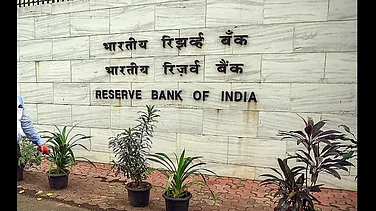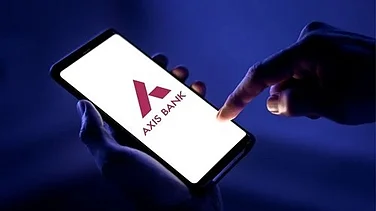FinTech encompasses any innovation in the financial industry driven by technology. It has redefined the way financial institutions function. FinTech companies are changing and disrupting the way banks, insurance companies, non-bank finance companies, settlement banks, investment advisory firms and securities, carry out business. This technological change is transforming the broader financial sector and economy, and exerting influence on all spheres right from how we make payments, to broader monetary policies and financial regulations.
A joint study by the World Bank, the Cambridge Centre and World Economic Forum suggests that the FinTech market has expanded access to financial services to lesser developed economies during the pandemic. These economies have posted a strong growth in all types of digital financial services except loans. As per a report by KPMG, India saw its second-best year of funding for FinTech and attracted $ 2.7 billion in investments last year, this despite the economic challenges posed by the health crisis last year. Now, banking services are being provided with the convenience of technology. The banking industry does this with the help of technological intelligence, complex algorithms, machine learning, and big data, which are rapidly replacing traditional methods of finance. FinTech is a perfect amalgamation of all of this, and is radically changing the business landscape in many industries and innovating how companies approach finance. So, when it comes to banking institutions, an effective strategy for them is to invest in digital processes with the help of technology that can help reduce costs and improve service.
Innovations in FinTech allow financial institutions to serve customers in new and unexpected ways. The finance industry is experimenting with automation, predictive analytics, new delivery platforms, digital-only banking, blockchain, and more. These changes help institutions provide better services at lower prices. FinTech is creating new customer-centric ways of accessing and delivering financial services, from convenient ways to pay, to investing with Robo-advice.
FinTech offers certain advantages for our daily banking needs. To begin with, it ensures transparency in making payments and other business-related financial processes, by providing a complete and up-to-date overview of the funds in our bank accounts. Secondly, FinTech offers digital lending which plays an important role in facilitating the financial inclusion of vast segments of population, who either lack access to banking facilities or have low credit. Since unsecured loans are still earmarked for the elite and not those with lower credit scores, it results in a large number of borrowers being dependent upon guarantors, partially complicating the borrowing process. Furthermore, digitisation and the increased penetration of smartphones and the internet in semi-urban and rural areas have fundamentally changed everyone’s approach towards borrowing and improving their access to credit facilities. It wouldn’t be incorrect to say that FinTech has revolutionised the lengthy and complicated process of loan applications via digital lending.
Lastly, the sporadic lockdowns have resulted in people increasingly relying on online payments and other financial instruments such as credit or debit cards, e-wallets, UPIs, to meet their financial needs, without leaving the comfort of their home. Hence, further promoting digital payments.
Overall, technology is becoming an essential part of our daily lives, especially in the 'new normal'. Coupled with the benefits offered by FinTech, it's no surprise that it is the key to ushering in a safe and financially inclusive future in the post-pandemic landscape. Hence, banks must realise that they must collaborate and harness potential through a mutually beneficial strategy rather than viewing FinTech companies as their rivals or business competitors.
The author is Founder, Zoggle and ZikZuk
DISCLAIMER: Views expressed are the author’s own, and Outlook Money does not necessarily subscribe to them. Outlook Money shall not be responsible for any damage caused to any person/organisation directly or indirectly.






























